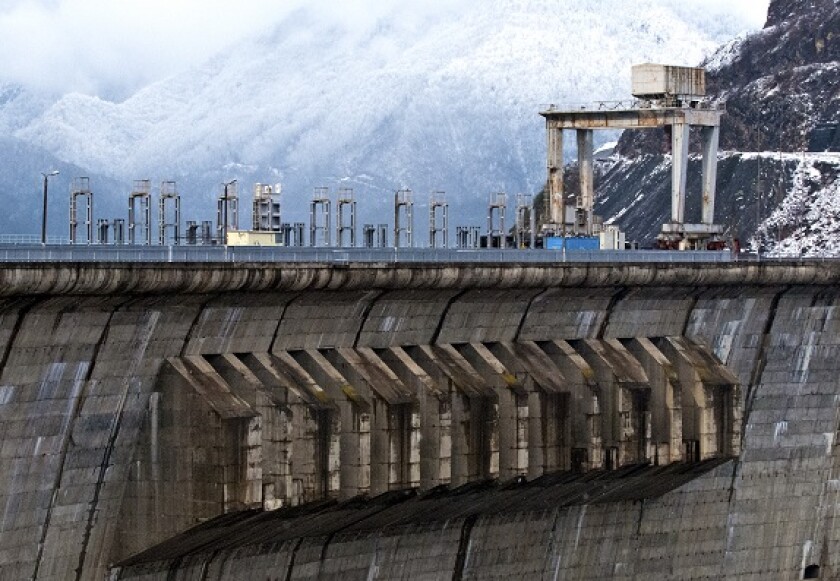EBRD slips behind EIB into green slow lane

The European Bank for Reconstruction and Development is launching the second phase of its Green Economy Transition approach and hopes to help policymakers make the recovery from the coronavirus pandemic a green one. But critics say its plans are little more than “business as usual” and that even the activities it classes as green sometimes have weak environmental credentials.
Unlock this article.
The content you are trying to view is exclusive to our subscribers.
To unlock this article:
- ✔ 4,000 annual insights
- ✔ 700+ notes and long-form analyses
- ✔ 4 capital markets databases
- ✔ Daily newsletters across markets and asset classes
- ✔ 2 weekly podcasts
